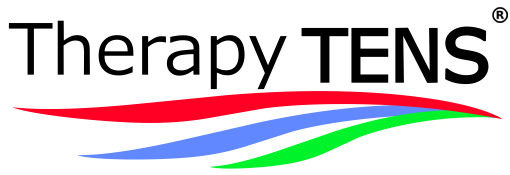What is TENS?
Share
Transcutaneous electrical nerve stimulation (TENS) is a therapy that uses low-voltage electrical current for pain relief.
You do TENS with a small, battery-powered machine about the size of a pocket radio. Usually, you connect two electrodes (wires that conduct electrical current) from the machine to your skin. The electrodes are often placed on the area of pain or at a pressure point, creating a circuit of electrical impulses that travels along nerve fibers.
When the current is delivered, some people experience less pain. This may be because the electricity from the electrodes stimulates the nerves in an affected area and sends signals to the brain that block or "scramble" normal pain signals. Another theory is that the electrical stimulation of the nerves may help the body to produce natural painkillers called endorphins, which may block the perception of pain.
You can set the TENS machine for different wavelength frequencies, such as a steady flow of electrical current or a burst of electrical current, and for intensity of electrical current. Your physical therapist, acupuncturist, or doctor usually determines these settings.
